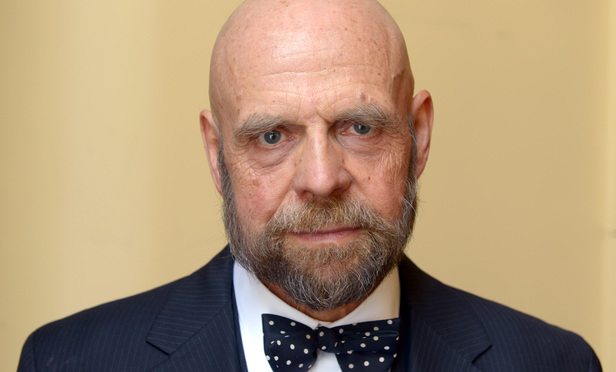Whether raised in a criminal prosecution, in a parental termination proceeding or in a custody case, an allegation of child sexual abuse presents an adjudicatory nightmare. The central issue is whether the allegation is true or false, credible or incredible. Without venturing a view as to percentages of valid versus invalid allegations, suffice to say that some of each make their way into the courtroom. Because sexual abuse typically occurs in secret and leaves no trail of physical evidence, much depends upon the credibility of the complainant. Enter the mental health professional and the theory of Child Sexual Abuse Accommodation Syndrome (CSAAS). This theory again came to the fore in the recent Court of Appeals decision in People v. Nicholson.1 This article will address that decision and the role of CSAAS in New York litigation.
What Is CSAAS?
Before turning to Nicholson, it is important to understand what CSAAS is and what it is not. As described in one prominent treatise:
This content has been archived. It is available through our partners, LexisNexis® and Bloomberg Law.
To view this content, please continue to their sites.
Not a Lexis Subscriber?
Subscribe Now
Not a Bloomberg Law Subscriber?
Subscribe Now
LexisNexis® and Bloomberg Law are third party online distributors of the broad collection of current and archived versions of ALM's legal news publications. LexisNexis® and Bloomberg Law customers are able to access and use ALM's content, including content from the National Law Journal, The American Lawyer, Legaltech News, The New York Law Journal, and Corporate Counsel, as well as other sources of legal information.
For questions call 1-877-256-2472 or contact us at [email protected]



